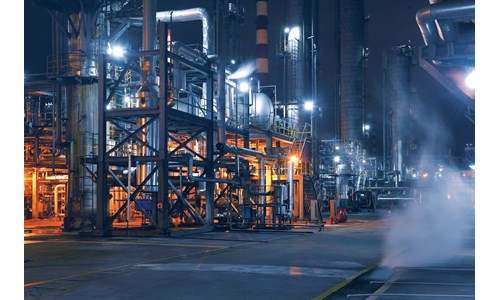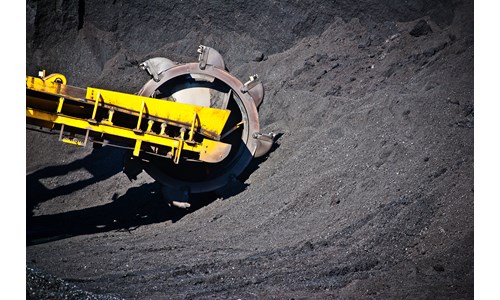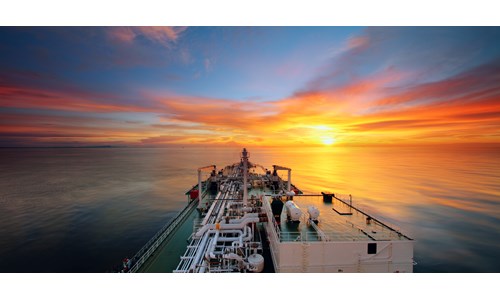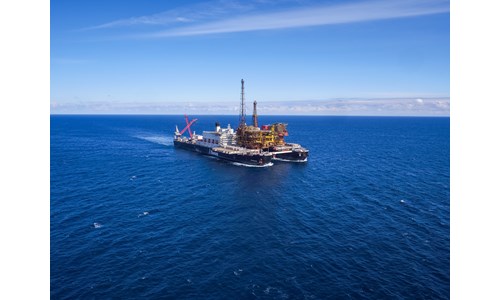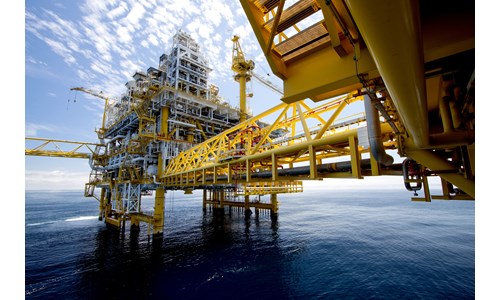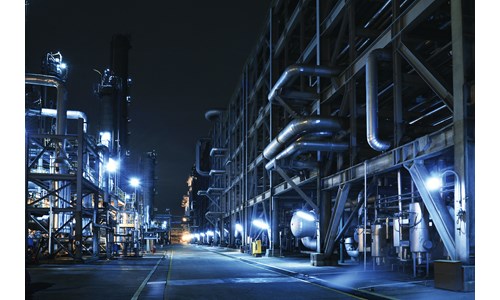Decarbonising shipping through synthetic fuels - the global outlook for marine e-fuels
*Please note that this report only includes an Excel data file if this is indicated in "What's included" below
Report summary
Table of contents
- No table of contents specified
Tables and charts
No table or charts specified
What's included
This report contains:
Other reports you may be interested in
Webinar | Recycled Polyolefins - The Pyrolysis Supply Chain
From waste into resource, how recycling polyolefins supports journey to net zero
$900Giving MGO a wide berth? Updated analysis of the IMO 2020 marine fuel sulphur changes
The recently implemented change to IMO regulations on the quality of marine fuels is impacting the mix of fuels consumed by shipping
$900An oil & refining markets presentation package: Questions answered
At a recent industry event Wood Mackenzie presented our views on several of the oil and refining markets most pressing concerns.
$550





